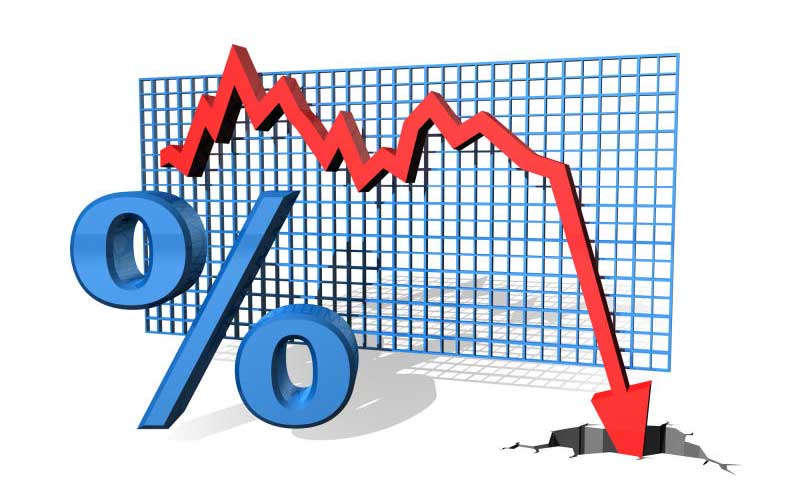×
The Standard e-Paper
Join Thousands Daily

When President Uhuru Kenyatta and his Deputy William Ruto swept to power in 2013, they told Kenyans that they would help the country bake a bigger cake so as to create one million jobs.